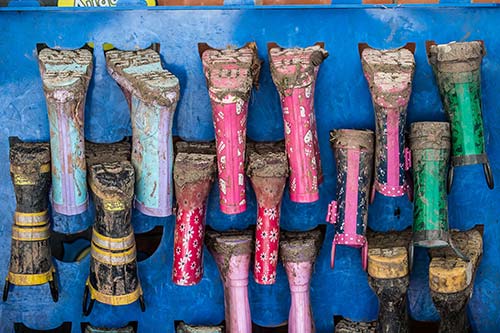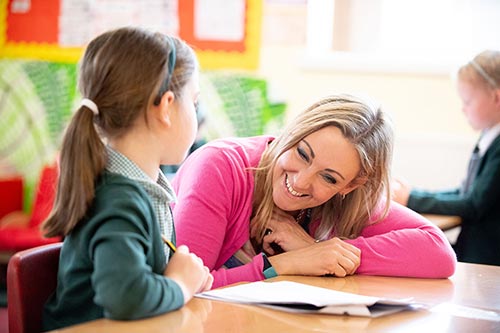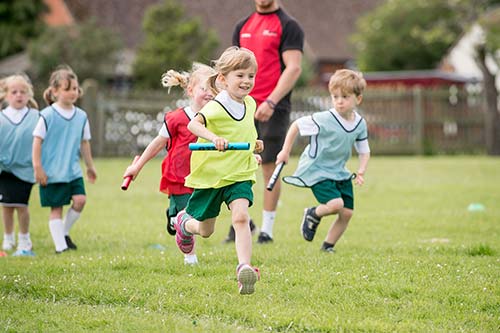FEDERATION CURRICULUM STATEMENT FOR
GEOGRAPHY
|
INTENT |
|
We believe geography should inspire children’s curiosity and interest to explore the relationship between people and their environments. Geography is, by nature, an investigative subject, which develops an understanding of place through concepts, knowledge and skills. As geographers, the children explore the physical properties of Earth and the way in which human societies use their natural environments and the impact they have on them. Our geography curriculum builds progressively on skills; each topic focuses on specific locations which, over the course of the whole curriculum, highlight all the physical and human aspects of the National Curriculum for geography.
|
|
IMPLEMENTATION |
|
Geography is taught throughout KS1 and KS2 as a discrete subject but, where possible, we enrich the learning though visits and quality texts linked to either location or processes being studied. Each area of the National Curriculum is covered through the detailed investigation of a specific place using “Keys”, a scheme of work which develops the geographer’s skills progressively and sequentially. Each place has been carefully chosen to ensure the children have a broad and rich understanding of the world, the places studied and their own place in the world too. Bespoke units are used to introduce field work skills from KS1 through into KS2 and children engage in outdoor learning to practise their geography skills. The skills are progressively developed over a rolling programme of study. Each place investigated enables different skills and knowledge to be assessed. This may be done through other areas of the curriculum (such as English) or through low stake quizzes which check children’s understanding of geographical terminology and practical skills. The learning in EYFS supports the NC by capitalising on children’s fascination and interest in their surroundings and the world in which they live by:
We use planned themes alongside first hand experiences and capitalise on unplanned moments that present themselves to talk about places, communities and the natural world, to develop an appreciation of the world in which they live.
|
|
IMPACT |
|
Children’s knowledge and skills develop progressively as they move through the school and are assessed and reported to parents in the end of year report. It is important that our curriculum not only to enables children to meet the requirements of the National Curriculum, but prepares them to become competent geographers ready for the curriculum at Key Stage 3. Furthermore, we aim to equip children with skills and values that can be applied more universally that will help prepare them for life as an adult in the wider world. Outcomes in topic and English books, displays and photographs will evidence a broad and balanced geography curriculum, and demonstrate the children’s acquisition of identified key knowledge.
|




